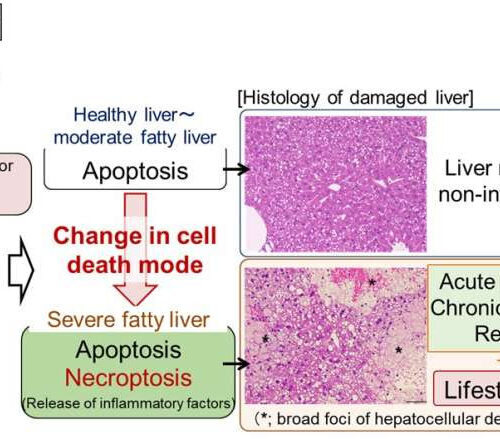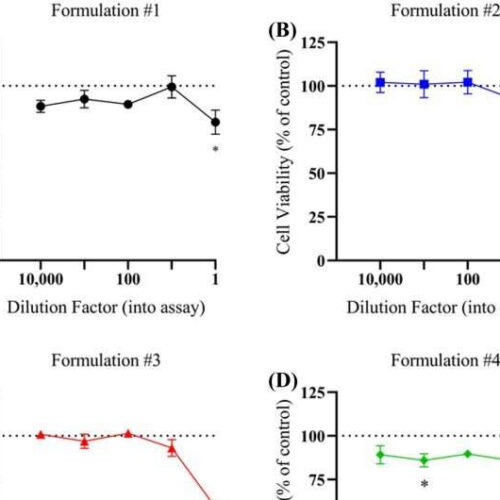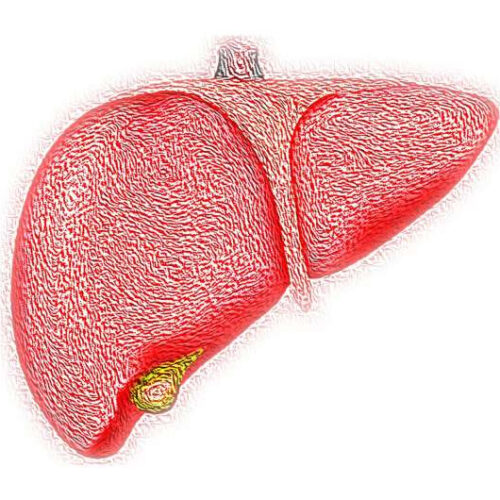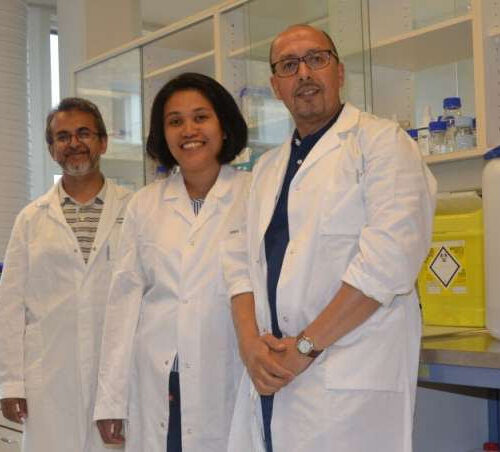Written by Anne Jacobson, MD, MPH | Reviewed by Katie E. Golden, MD Published on April 1, 2024print_outlinedemail_outlined Key takeaways: Table of contents Food and the liver Bad foods Reversing damage Bottom line References FG Trade/E+ via Getty Images Your liver works together with every organ and system in your body. A healthy liver is important for digestion. It stores...
Tag: <span>liver damage</span>
The Supplement That May Lead To Liver Damage And Other Risks, Experts Warn
Faith Geiger Sat, June 24, 2023 at 3:30 PM MST bottles of vitamins on store shelves Adding supplements to your routine can be a great way to fill in any nutrient gaps in your diet and support a number of functions, from digestion to metabolism. However, it’s always important to exercise caution when taking any supplement....
10 Medications That May Raise Your Risk of Liver Damage
Written by Rachel Feaster, PharmD, BCOP, BCPS | Reviewed by Katie E. Golden, MD Updated on April 26, 2023 Key takeaways: There are many medications that can increase the risk of liver damage. Certain antibiotics, anti-seizure medications, and cancer treatments are a few examples. Some over-the-counter (OTC) medications and supplements can cause liver problems, too....
Why severe fatty liver leads to liver damage
by Kanazawa University Schematic diagram of induction mechanism of acute and chronic liver damage in severe fatty liver. Credit: Kanazawa University In hepatic steatosis, hepatocytes “die,” resulting in liver damage. Severe steatosis increases hepatocellular deaths, thus aggravating liver damage. The mechanism is unclear. Using mice, we show that mild steatosis causes apoptosis whereas severe steatosis...
Popular Malaysian soup can cause liver damage when mixed with medication
by Lee Gaskin, University of Adelaide The effect of four different bak kut teh formulations on HepG2 cells after 48 h of exposure. A Formulation #1 showed significant toxicity before dilution (p = 0.023), but demonstrated no significant toxicity once diluted (p > 0.05). B Formulation #2 demonstrated significant toxicity with no dilution factor (p = 0.009), but none once diluted...
Synthetic ‘forever chemicals’ known as PFAS linked to liver damage
by Keck School of Medicine of USC Credit: CC0 Public Domain Exposure to a class of widely used synthetic chemicals is connected to liver damage according to a new study conducted by researchers from the Keck School of Medicine of USC and published April 27th, 2022, in Environmental Health Perspectives. The chemicals, called per- and polyfluoroalkyl...
Why the brain swells after liver damage
by University of Oslo Professor Farrukh Abbas Chaudhry (at the back) and his research group has taken an important first step towards finding a cure for liver encephalopathy, or at the very least a treatment for its symptoms. Up front lead author El Hassan Hamdani, who is now working at OsloMet, in the middle Marivi Moen. Credit: El Hassan Hamdani Liver encephalopathy is one...
What and how much we eat might change our internal clocks and hormone responses
by Helmholtz Association of German Research Centres For the first time, a study led by researchers at Helmholtz Zentrum München and the German Center for Diabetes Research (DZD) shows how glucocorticoid hormones, such as cortisol, control sugar and fat levels differently during day and night, feeding and fasting, rest and activity, over the course of...
New research suggests proton radiation can benefit pts with challenging liver tumors
by American Society for Radiation Oncology Two new studies support and inform the use of proton radiation therapy to treat patients with hepatocellular carcinoma (HCC), a common but often fatal type of liver cancer for which there are limited treatment options. One study (Sanford et al.) suggests that proton radiation, compared to traditional photon radiation, can extend overall survival with reduced toxicity. A second study (Hsieh et al.) identifies predictors for...
Liver Damage More Common Due to Malignant Tumors than Cancer Immunotherapy Drug
Posted Yesterday Immunotherapy as a treatment for advanced solid organ tumors has rapidly evolved over the past decade, often yielding remarkable results. However, its use has also given way to new adverse effects, including drug-induced gastrointestinal and liver toxicities. “Checkpoint inhibitors are a game changer for a lot of oncology patients with previously untreatable tumors,” says Robert Fontana, M.D., University of Michigan’s medical...
- 1
- 2






